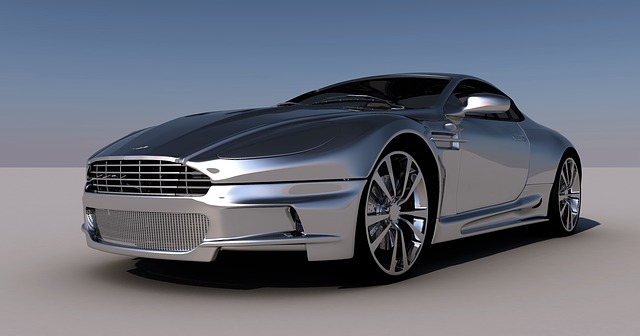Mack Trucks to feature vehicles at WasteExpo 2022 – Recycling Today
The Biden administration and the U.S. Department of Energy (DOE) have announced $3.16 billion in funding from President Joe Biden’s infrastructure bill to make more batteries and components in the United States, bolster domestic supply chains, create jobs and lower costs for families, anticipating the growth of lithium-ion battery demand.
The administration says the investments also will support the creation of new, retrofitted and expanded commercial facilities as well as manufacturing demonstrations and battery recycling. A separate $60 million in funding also was announced as an investment in supporting second-life applications for batteries previously used to power electric vehicles (EVs) as well as new processes for recycling materials back into the battery supply chain.
In February of last year, the DOE issued a 100-day review of the large-capacity battery supply chain and recommended establishing domestic production and processing capabilities for critical materials to support a fully domestic end-to-end battery supply chain. It also recommended investments in battery recycling and the circular economy to increase domestic supply and reduce the future need for new extraction and raw materials.
“Positioning the United States front and center in meeting the growing demand for advanced batteries is how we boost our competitiveness and electrify our transportation system,” U.S. Secretary of Energy Jennifer M. Granholm says about the announced funding. “President Biden’s historic investment in battery production and recycling will give our domestic supply chain the jolt it needs to become more secure and less reliant on other nations—strengthening our clean energy economy, creating good-playing jobs and decarbonizing the transportation sector.”
The Federal Consortium for Advanced Batteries (FCAB), led by the DOE as well as the Departments of Defense, Commerce and State, issued an executive summary in June of last year, “National Blueprint for Lithium Batteries 2021-2030,” outlining a national blueprint to guide investments in the lithium-ion battery supply chain. The report also notes the global lithium-ion battery market is expected to grow rapidly over the next decade and that the DOE is working with the industry to prepare the U.S. for increased market demand.
According to a news release from the DOE, more than 2.5 million plug-in EVs have been sold in the U.S. as of March. The DOE also says battery costs have fallen more than 90 percent since 2008 while energy density and performance have rapidly increased, paving the way for an accelerated transition to zero-emission vehicles.
The DOE says these most recent investments into what it calls responsible and sustainable domestic sourcing of critical materials used to make lithium-ion batteries—such as lithium, cobalt, nickel and graphite—will help avoid or mitigate supply-chain disruptions and accelerate battery production in the U.S. to meet demand and support the adoption of EVs.
Focusing on domestic sourcing and production was a key component of the DOE’s recently announced funding, with the FCAB’s June 2021 blueprint saying, “The U.S. industrial base must be positioned to respond to this vast increase in market demand that otherwise will likely benefit well-resourced and supported competitors in Asia and Europe.”
“For too long, other countries have been outpacing the United States in funding new technologies,” says Sen. Debbie Stabenow of Michigan. “We are at a critical moment in our competition to build the next generation of electric vehicles and batteries here in America and to secure Michigan’s automotive leadership in these next-generation vehicles.”
She continues, “Thanks to our bipartisan efforts in Congress and with the president’s leadership, this funding will help us win this race by investing in our supply chain and manufacturing here at home. Our workers are the best in the world, and there’s nothing more American than ensuring that our products and technology are built in America.”
The DOE says that in alignment with the Justice40 initiative—establishing a goal that 40 percent of the benefits of federal investments in climate and clean energy flow to disadvantaged communities—applicants for new funding opportunities will be prompted to consider how project benefits can flow to relevant disadvantaged communities. The DOE’s Office of Economic Impact and Diversity reiterated this mandate as a priority for the Biden administration.
Source: https://www.recyclingtoday.com/Mack-Trucks-feature-vehicles-Waste-Expo-2022.aspx






